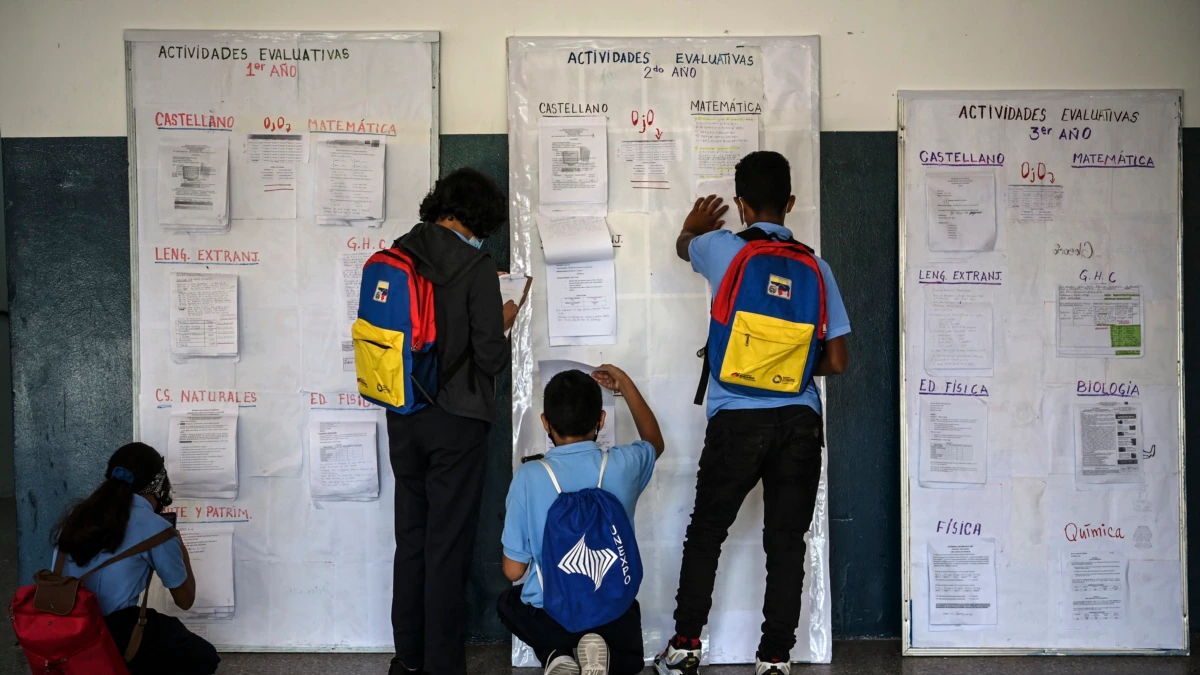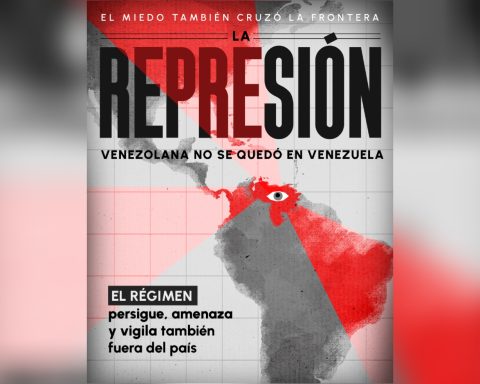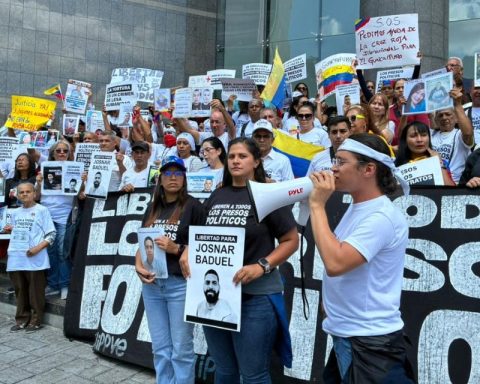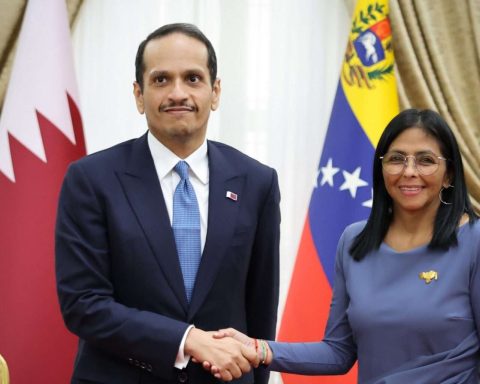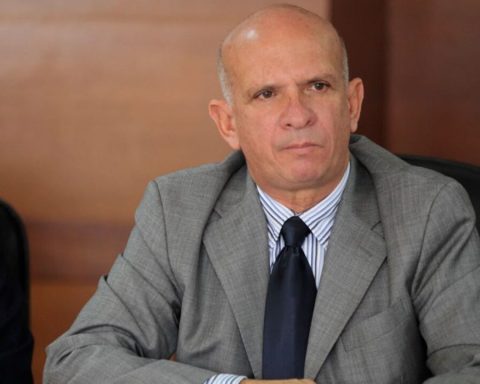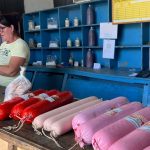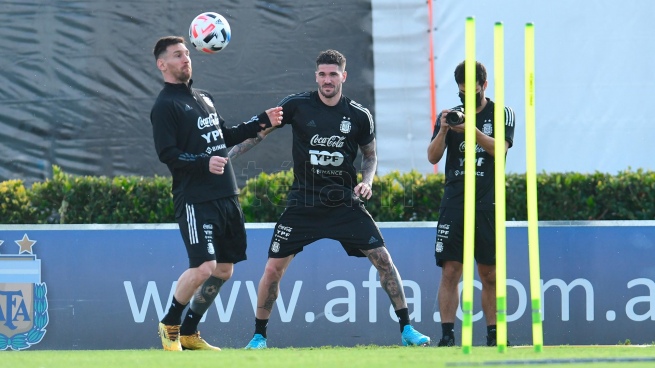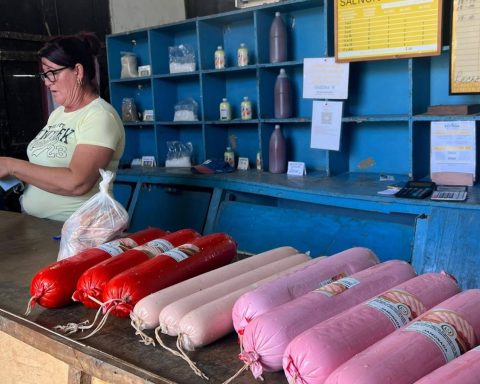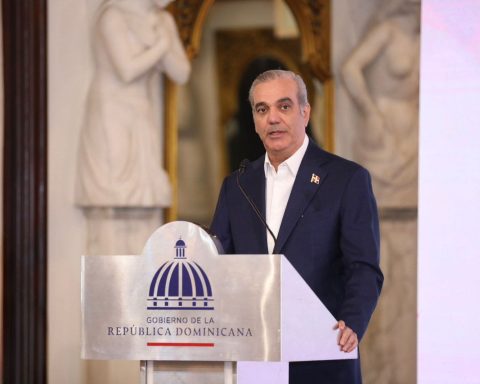President Nicolás Maduro’s call to “normalize” face-to-face classes at all educational levels starting today was questioned by groups of teachers who insist that, in the country, despite government promises to recover educational infrastructure and the recent salary increase decreed by Maduro, there are no conditions for all schools to reopen.
“The experiment is over, things went well, we all got vaccinated, now let’s go full classes (…) Venezuela has to shine and be an example in the world of public, free, inclusive and top-quality education,” the president said last week.
Maduro said that “as a trade unionist and leader of the working class,” he is “happy” for having managed to “adequately and significantly raise all teachers’ salary tables,” who “will enjoy an improved salary, moving towards the worthy”.
Depending on the number of hours of work and the type of teacher, the adjustments range (equivalent to bolivars) between about 60.70 dollars and 137.70 dollars.
Maduro added, in a broadcast on the state channel in which he showed videos of the repairs and remodeling carried out in public schools, that it is necessary to “recover all the schools and high schools in the country.”
But educators like Lourdes Villareal maintain that many of the schools, including the one where she works, are not in a position to receive students.
“There cannot be classes when the walls in my high school are full of fungus, humidity, since 2005. The walls of the Lino Gallardo have fungus, the teachers who know article 91 of the Constitution attend so that they are not removed from the payroll because unfortunately they don’t know how to do anything else,” he denounced during a protest in front of the Ministry of Education in the Venezuelan capital.
Union leaders in the education sector, such as Griselda Sánchez, agree that teachers’ salaries do not allow them to cover their most basic needs.
“To give you an example, a teacher III, of 40 hours, will end up earning 82 dollars, perfect. How does a teacher live today with 82 dollars? Well, you are raising me from 3 dollars, from 4 dollars, from 5 dollars to 82 dollars, what do you want? Well, we want a decent salary as established in article 91 of the Constitution,” he told VOA.
Classes in Venezuela were suspended in March 2020, after the World Health Organization declared the global pandemic by COVID-19 and it was until October of last year that the Venezuelan government authorized the gradual return to face-to-face classes.
According to the most recent Survey of Living Conditions (Encovi), between 2020 and 2021, access to initial education (population aged 3 to 5) was reduced and “with it the preparation provided for the development of skills essential for the continuity of the training process.
“Nearly half do not access initial education, if they live in households with insufficient income to satisfy food or where the educational climate is low,” Encovi exposes.
Connect with the Voice of America! Subscribe to our channel Youtube and turn on notifications, or follow us on social media: Facebook, Twitter and Instagram.
